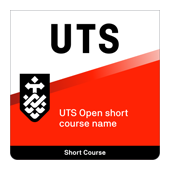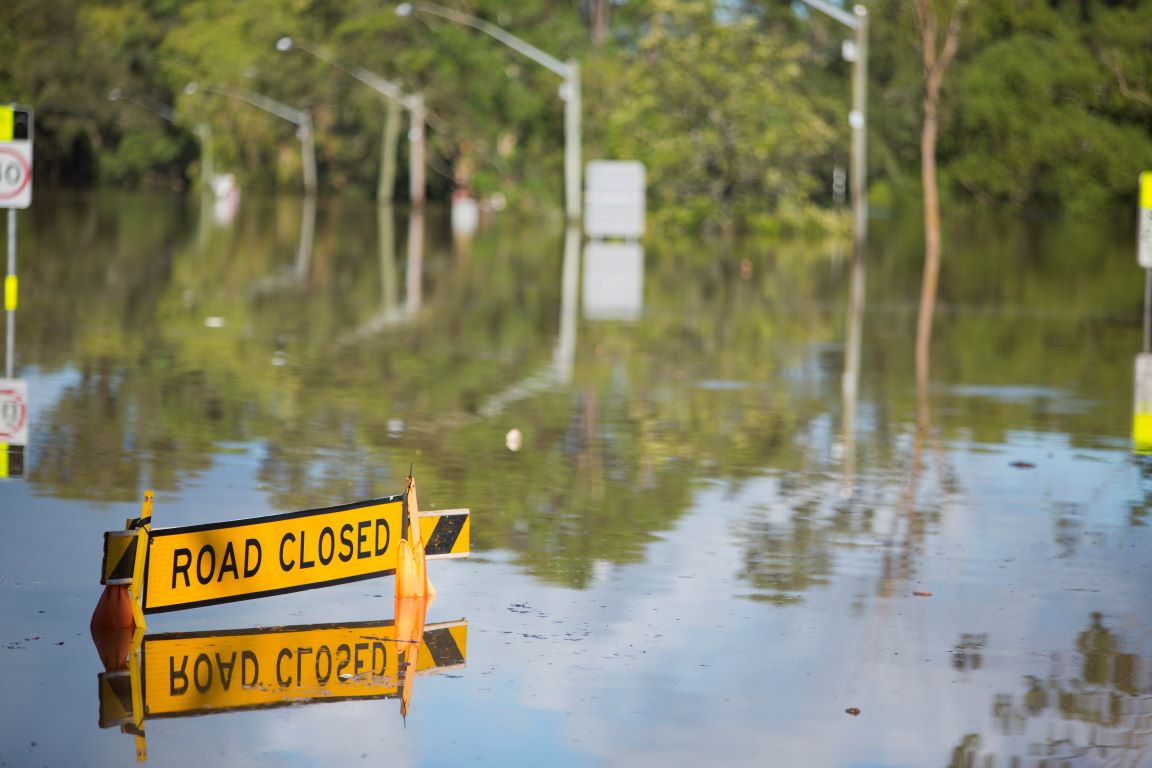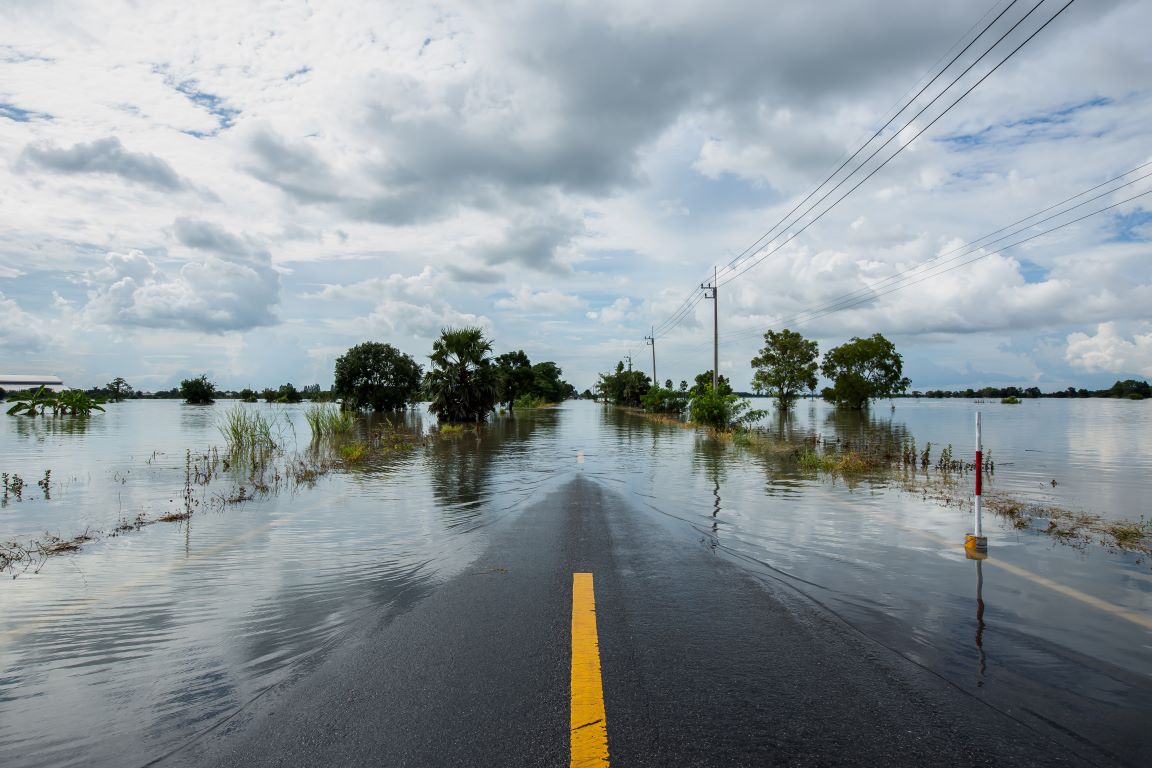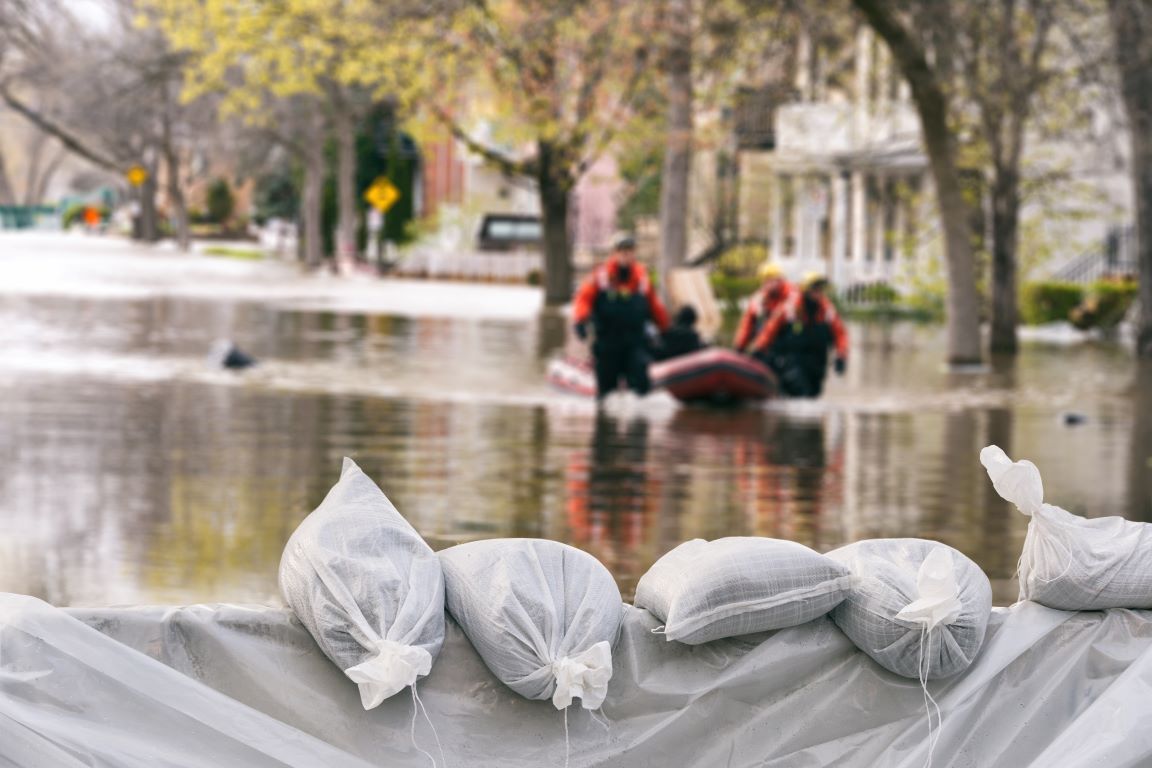The following content will be covered during the course:
- Outline of management studies and management plans
- Detailed understanding of all the options available and the relevant issues
- Detailed understanding of continuing risk issues and the options for its management
- An outline of the information required to assist SES in planning for emergency response
- Case studies to provide practical experience in considering these issues.
This course is delivered online. Participants will watch online lectures and video before attending 3 x 1.5 hour sessions. During these sessions brief recaps of online material is provided, leading to detailed Q&A.
Particiants will then break into small groups to workshop a realistic scenario providing an opportunity to apply what has been taught and are designed to show how detail is applied into practice. These small groups will be facilitated by industry experts. The session concludes with a reinforcement of key messages and learning.













